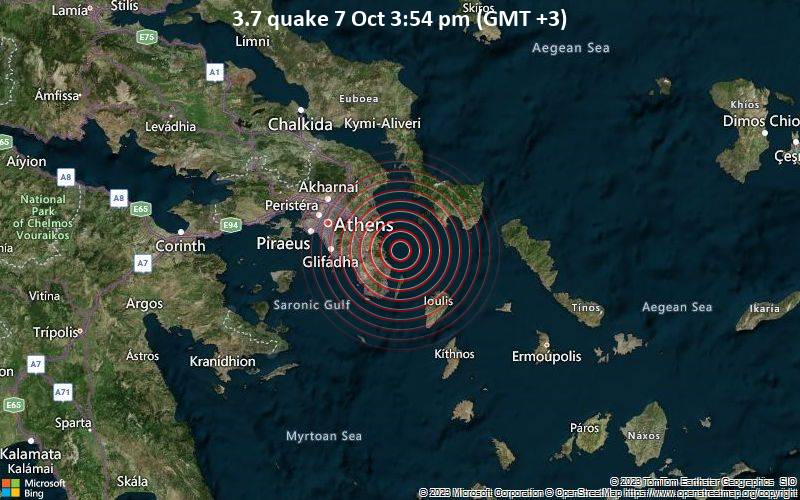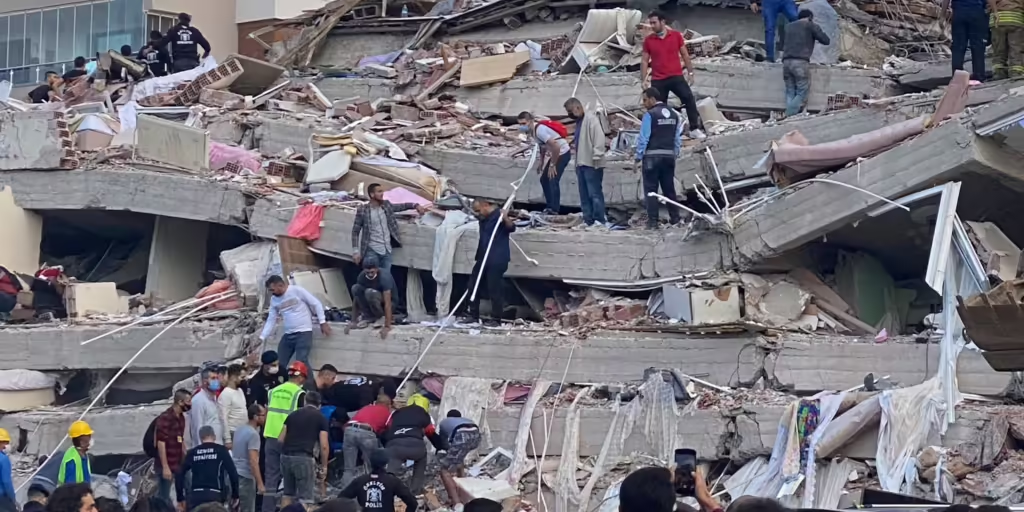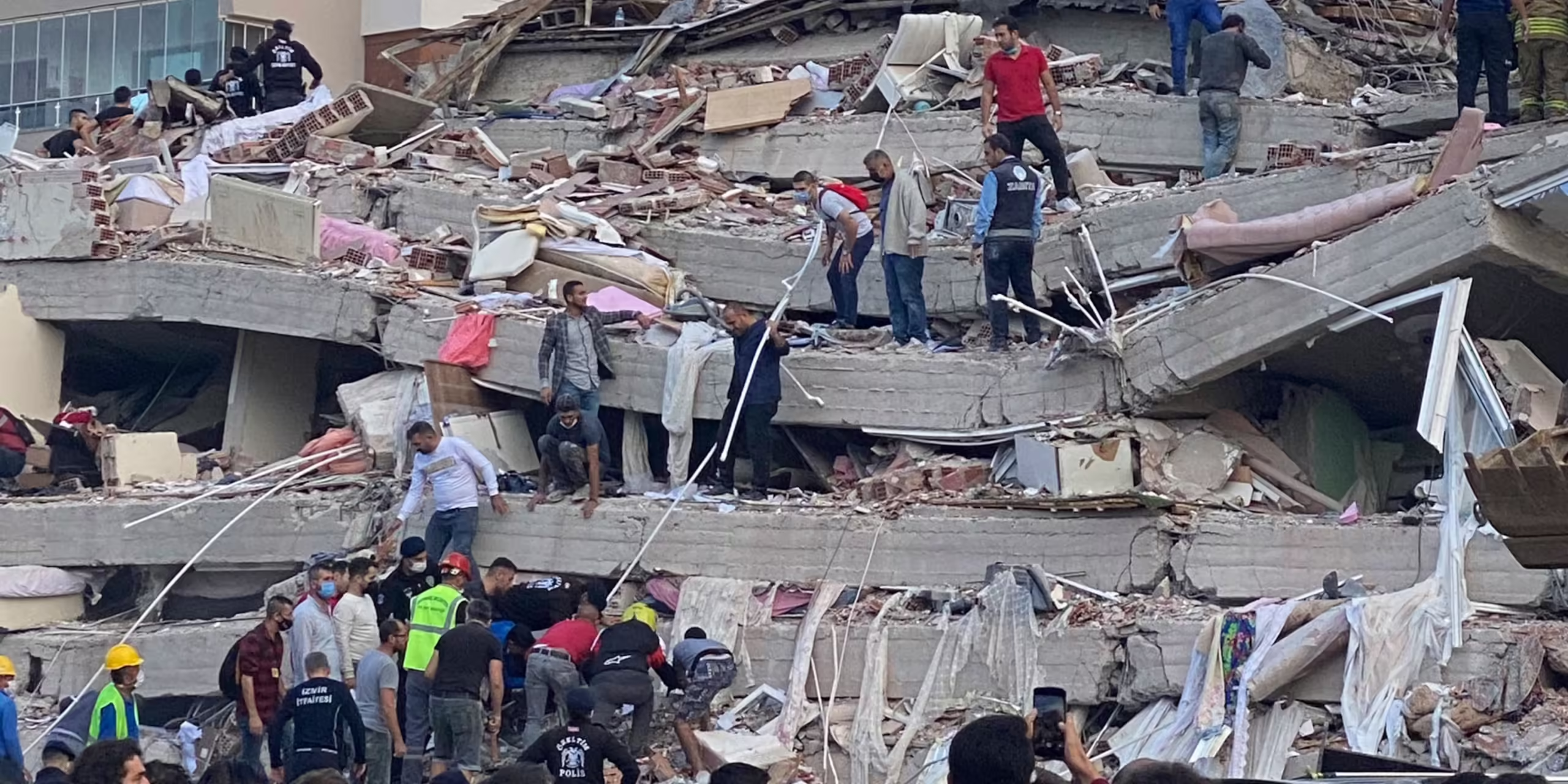Introduction
Greece, a country rich in history, culture, and natural beauty, is also known for its complex geological landscape and frequent seismic activity. Situated at the convergence of several tectonic plates, Greece experiences earthquakes of varying magnitudes and frequencies, shaping its terrain and influencing its societal development. This essay endeavors to explore the geological factors underlying earthquakes in Greece, their historical significance, the impact on society and infrastructure, as well as the measures taken for mitigation and preparedness.
GEOLOGICAL SETTING
Greece’s seismic activity is primarily attributed to its location at the boundary of the Eurasian, African, and Anatolian tectonic plates. The collision and subduction of these plates generate intense tectonic forces, leading to the formation of faults and fractures in the Earth’s crust. The Hellenic Arc, a prominent geological feature, extends from western Greece to Crete and marks the subduction zone where the African Plate is being forced beneath the Eurasian Plate. This subduction process contributes significantly to seismicity in the region, with the potential for large-magnitude earthquakes.

Historical Earthquakes
Throughout history, Greece has been struck by numerous devastating earthquakes that have left indelible marks on its landscape and collective memory. One of the most infamous earthquakes in antiquity occurred in 373 BC, devastating the ancient city of Helike and submerging it beneath the sea. This event, coupled with the destruction of other cities like Corinth and Sparta, underscored the seismic vulnerability of the region.
In more recent times, the 1953 earthquake in the Ionian Islands, particularly on Kefalonia and Zakynthos, stands out as one of the most destructive seismic events in modern Greek history. With a magnitude of 7.2, it caused widespread destruction, resulting in loss of life and significant damage to infrastructure. The earthquake prompted extensive rebuilding efforts and sparked discussions on seismic risk management and urban planning.

Impact on Society and Infrastructure
The socio-economic impact of earthquakes in Greece is profound, affecting both urban centers and rural communities. The destruction of buildings, roads, and critical infrastructure disrupts daily life and economic activities, exacerbating social inequalities and impeding development efforts. Vulnerable populations, such as the elderly and low-income households, often bear the brunt of the damage, facing housing insecurity and displacement in the aftermath of seismic events.
Furthermore, earthquakes can have long-term psychological effects on affected communities, leading to increased stress, anxiety, and trauma. The fear of future earthquakes and uncertainty about safety contribute to a sense of vulnerability, prompting individuals and authorities to prioritize preparedness measures and resilience-building initiatives.
Mitigation and Preparedness
In response to the recurrent threat of earthquakes, Greece has implemented various measures aimed at mitigating risk and enhancing preparedness. Building codes and seismic regulations have been strengthened to improve the structural integrity of new constructions and retrofit existing buildings to withstand seismic forces. Additionally, advancements in earthquake monitoring and early warning systems have enabled authorities to detect seismic activity promptly and issue alerts to at-risk populations.
Public awareness campaigns and community outreach initiatives play a crucial role in fostering a culture of preparedness and resilience. Educational programs in schools and universities educate citizens about earthquake safety measures, evacuation procedures, and emergency response protocols. Community-based organizations and volunteer networks collaborate with government agencies to coordinate disaster relief efforts and provide support to affected communities.

Conclusion
In conclusion, earthquakes constitute a significant natural hazard in Greece, shaped by its complex geological setting and tectonic activity. From ancient times to the present day, seismic events have shaped the country’s landscape, influenced its history, and impacted its society and infrastructure. While the threat of earthquakes remains ever-present, proactive measures in mitigation and preparedness can help reduce vulnerability and enhance resilience. By understanding the underlying causes of earthquakes and implementing effective risk reduction strategies, Greece can mitigate the adverse effects of seismic activity and safeguard the well-being of its population.

